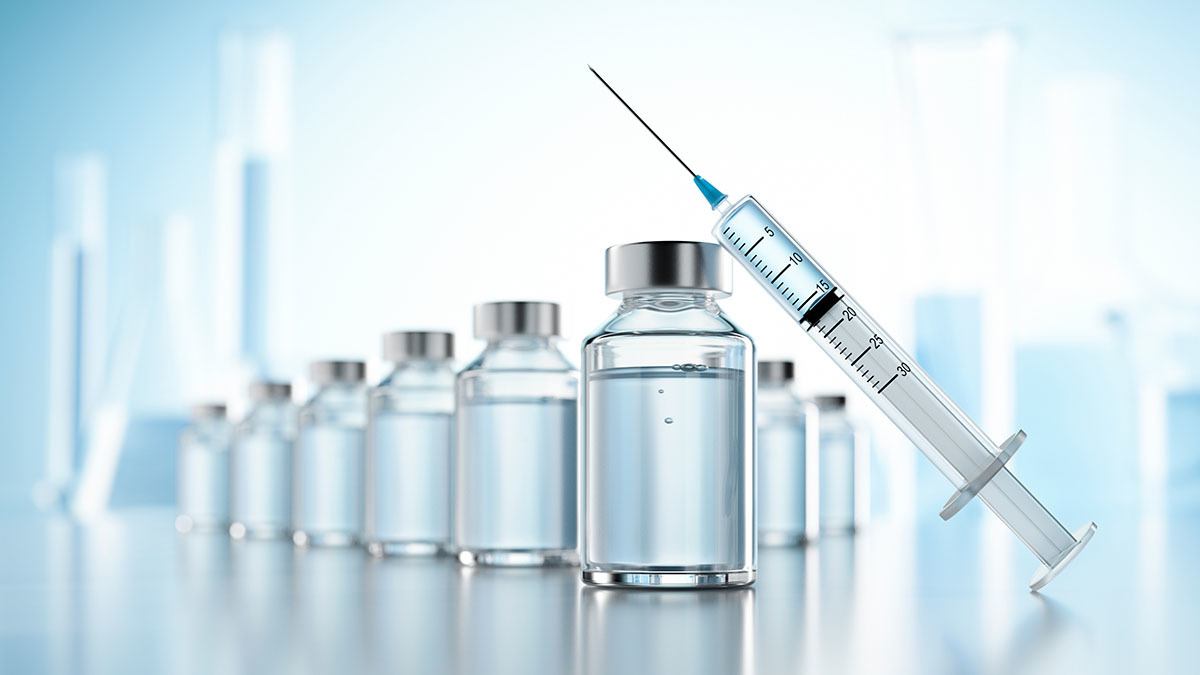USP Adhesive Extractables Testing
The United States Pharmacopeia (USP) is a compendium of quality standards for medicines and related healthcare products. USP Adhesive Extractables Testing plays a crucial role in ensuring the safety and quality of pharmaceuticals by evaluating the potential release of extractable substances from adhesives used in drug packaging.
Adhesives are often critical components in the design of drug containers, blister packs, and other packaging materials that come into direct contact with drugs. These adhesives can contain a variety of chemicals, including solvents, plasticizers, and other additives. During manufacturing or use, some of these substances may leach out into the product, posing potential risks to patients.
USP Adhesive Extractables Testing aims to identify any extractable materials that could potentially interact with the drug substance or affect its quality. This is essential for compliance with regulatory requirements and to ensure patient safety. The testing process typically involves subjecting adhesive samples to controlled conditions designed to simulate real-world scenarios, such as temperature fluctuations, humidity exposure, and contact with different substrates.
The USP provides specific guidelines for this type of testing in its General Chapter 231: Extractables and Leachables. This chapter outlines the procedures for identifying, quantifying, and assessing potential extractable compounds from packaging materials.
The testing process begins with selecting appropriate test specimens of the adhesive. These samples are then subjected to a series of extraction tests using various solvents and other media that mimic potential real-world conditions. The extracted substances are analyzed using advanced analytical techniques such as High-Performance Liquid Chromatography (HPLC), Gas Chromatography-Mass Spectrometry (GC-MS), and Fourier Transform Infrared Spectroscopy (FTIR).
The results of these tests provide a detailed profile of the extractable compounds present in the adhesive. This information is then used to assess the potential risks associated with each compound, considering factors such as toxicity, solubility, and bioavailability.
Quality managers and compliance officers rely on USP Adhesive Extractables Testing results to ensure that packaging materials meet stringent safety standards. R&D engineers use this data to optimize adhesive formulations for improved performance. Procurement teams can leverage these insights to select suppliers who adhere strictly to quality protocols.
The importance of USP Adhesive Extractables Testing extends beyond mere compliance. It also helps in enhancing the overall quality and reliability of pharmaceutical products, thereby contributing significantly to patient safety and satisfaction.
Applied Standards
USP Adhesive Extractables Testing adheres strictly to international standards such as USP General Chapter 231 and ICH Q6A, which provide comprehensive guidelines for the evaluation of extractables from pharmaceutical packaging materials. Compliance with these standards ensures that the testing process is rigorous and consistent.
The USP 231 covers a wide range of materials, including adhesives used in pharmaceutical packaging. It specifies the types of tests to be conducted, the extraction solvents to use, and the analytical methods for identifying and quantifying extractables.
ICH Q6A, on the other hand, provides additional guidance on quality assurance during the development and manufacture of drug products. While it does not specifically address adhesive testing, its principles are integral to ensuring that all components of a pharmaceutical product meet high-quality standards.
Our laboratory strictly follows these standards to ensure accurate and reliable test results. By adhering to international guidelines, we guarantee that our clients receive the highest quality service in extractables assessment.
Scope and Methodology
The scope of USP Adhesive Extractables Testing covers a broad range of adhesives used in pharmaceutical packaging. This includes adhesives for blister packs, vials, syringes, and other containers that come into direct contact with drug products.
The testing process involves several key steps:
- Sample Preparation: Adhesive samples are carefully selected and prepared according to the specified procedures outlined in USP 231. This includes ensuring that the samples are free from contamination and are representative of the adhesive used in the packaging.
- Extraction: Adhesives are subjected to controlled extraction using a variety of solvents, including water, ethanol, and methanol. The choice of solvent depends on the type of adhesive being tested and the expected extractables.
- Analysis: Extracted substances are analyzed using advanced analytical techniques such as HPLC, GC-MS, and FTIR to identify and quantify potential extractable compounds.
- Evaluation: The results of the analysis are evaluated against established safety thresholds. This involves assessing the toxicity, solubility, and bioavailability of each identified compound.
The methodology ensures that all aspects of the adhesive are thoroughly examined under controlled conditions, providing a comprehensive assessment of potential extractables.
Competitive Advantage and Market Impact
In today’s competitive pharmaceutical market, ensuring product safety and quality is paramount. USP Adhesive Extractables Testing not only helps in meeting regulatory requirements but also enhances the reputation of pharmaceutical companies by demonstrating their commitment to patient safety.
By offering comprehensive testing services that adhere strictly to international standards, our laboratory provides a unique advantage over competitors who may not have the expertise or resources to perform such rigorous assessments. This allows us to offer reliable data and insights that can be used to optimize packaging materials for improved performance.
The results of USP Adhesive Extractables Testing are highly valued by pharmaceutical companies worldwide. They provide critical information that helps in making informed decisions about product development, manufacturing processes, and supply chain management. By ensuring the highest quality standards in every aspect of their operations, our clients can trust us to deliver accurate and actionable insights.
Our laboratory’s expertise in this field also contributes significantly to market impact by helping pharmaceutical companies stay ahead of regulatory changes and industry trends. We are committed to staying at the forefront of technological advancements in extractables assessment, ensuring that we provide services that meet current and future demands in the pharmaceutical sector.





